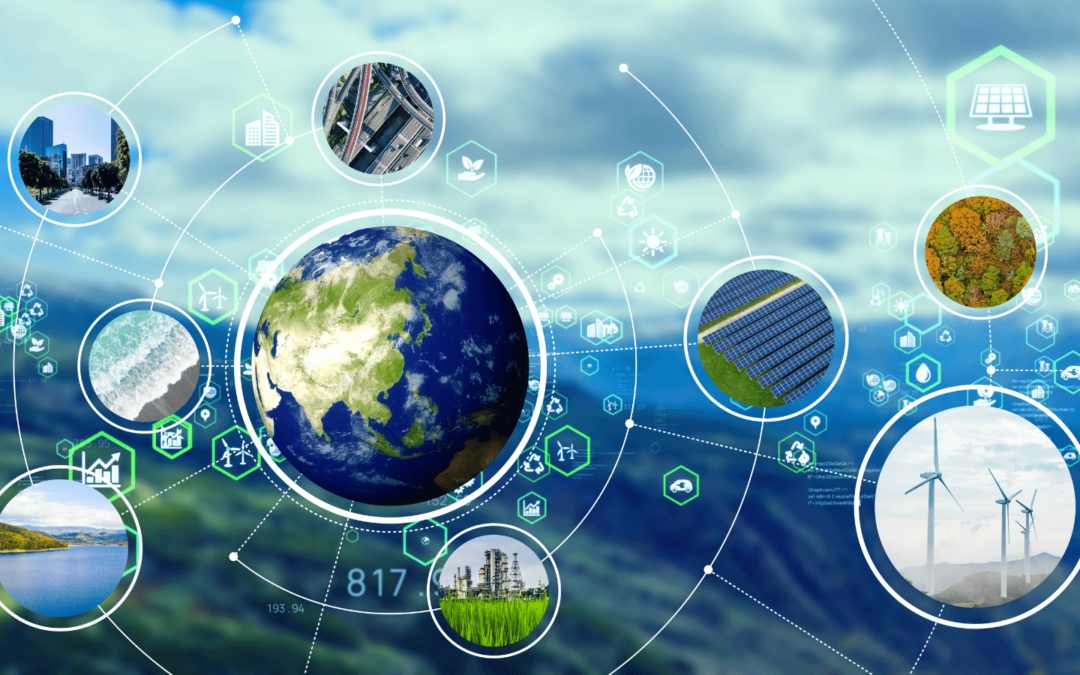In 2015, the United Nations (UN) adopted the Sustainable Development Goals (SDGs) to implore the world to help end universal poverty, protect the environment, and achieve peace and prosperity by 2030. The SGD has 17 global goals, mental health being one of the most significant factors that occupy the list. While it might not directly be stated in the agenda, according to the World Health Organization (WHO), good health or sustainable development cannot be achieved without good mental health.
Social, physical, and mental health are interrelated, each factor playing a huge part in a person’s education and development. Unfortunately, organizations haven’t been allocating many of their resources to improving their mental health systems. In the WHO’s 2020 release of its yearly Mental Health Atlas, it stated that only 25% of organizations around the world are taking steps to address mental health issues in their industry. If you’re curious to know the roles of mental health in global sustainable development, keep reading for more details.
Mental Health Disorders: Global Development Issue
Millions of people are suffering from mental health conditions worldwide. Around 20% of adolescents and children experience debilitating mental health disorders. This has made suicide the second largest cause of death among people aged 15 to 29. Conditions that affect proper emotional and cognitive functions can affect all areas of a person’s life. This includes their school or work performance, personal relationships, and hobbies.
How Good Mental Health Can Help Improve Global Sustainability
Most people undervalue good mental health. But just as physical fitness helps keep the body and immune system strong, being mentally fit helps you reach and maintain a positive mental state. Nourishing our psychological health can aid in the treatment or prevention of mental health issues that are linked with chronic ailments. As a result, people are more capable and prepared to help improve global sustainable development.
Relieve Eco-anxiety
The term “eco-anxiety” is used to describe the worry that people feel at the thought of a future ecological disaster. The American Psychology Association (APA) describes it as a “chronic fear of environmental doom” experienced by people who have had prolonged exposure to the cataclysmic effects of climate change. Natural calamities like pandemics, wildfires, droughts, and storm surges can cause so much devastation to a person’s mental state.
How people experience eco-anxiety varies depending on several factors, including age, culture, and financial status — to name a few. Generally, people who suffer from eco-anxiety develop symptoms like sleep disturbances, depression, stress, and nervousness. In more severe cases, a person may even experience sensations of suffocation or intense guilt. All this can be debilitating and counterproductive if you’re trying to achieve global sustainable development.
Fortunately, the negative effects of eco-anxiety can be minimized with the help of appropriate mental health practices. For instance, you might want to add more physical activity to your routine. Exercise has been shown to improve mood by increasing blood circulation to the brain. Distraction, self-efficacy, and social contact are some of the other possibilities hypothesized to explain the beneficial impacts of physical activity on mental health.
Hasten Search for Solutions to Global Issues
Multiple studies have proven the importance of good mental health in the workplace. Having poor mental health can interfere with your daily activities. It can lead to poor decisions and a loss of productivity — both of which can negatively impact your self-confidence and self-esteem. Not to mention chronic illnesses such as diabetes, hypertension, and cardiovascular distress.
Finding ways to take better care of yourself and your mental well-being can help you maintain a solid sense of independence and self-sufficiency. This puts you in a better position to evaluate current climate issues and address each one with an effective solution.
Encourage More Global Participation
Some people may find that playing an active role in sustainable development can help reduce feelings of anxiety and helplessness. Research shows that helping others can result in improved mood, happiness, and self-esteem. It offers people a sense of belonging and an escape from isolation. Additionally, it encourages you to keep a positive outlook on life and your circumstances. Here are a few ways you can start playing an active role in global sustainability development:
- Volunteer for a charity or organization that you’re passionate about
- Make greener choices in your day-to-day life
- Eat a sustainable diet (e.g., cutting out meat and dairy)
- Striking conversations about sustainable ecological practices with others
Doing any of the following suggestions can help you feel more secure and in control.
Final Thoughts
Both children and adults suffer from exhausting mental health problems every day. Despite its apparent urgency, governments and health organizations have done very little to ensure proper mental health treatments and protections are made available. Instead of focusing solely on the physical aspects of health, governments would do more good by allocating some of their resources to the emotional and mental aspects of health, too.

